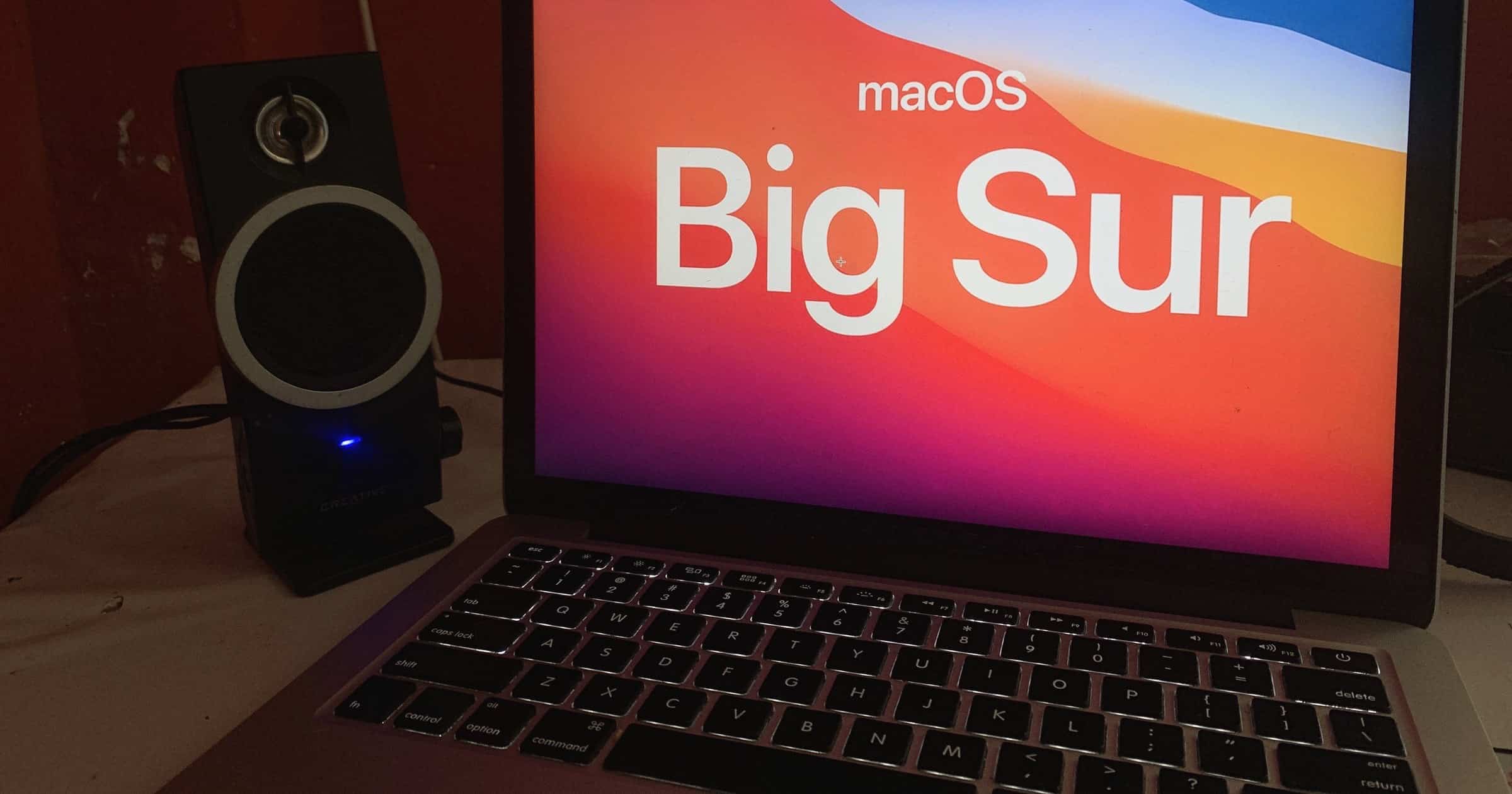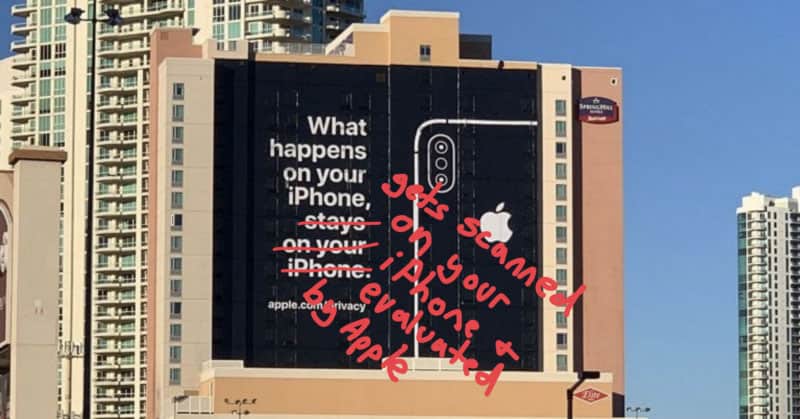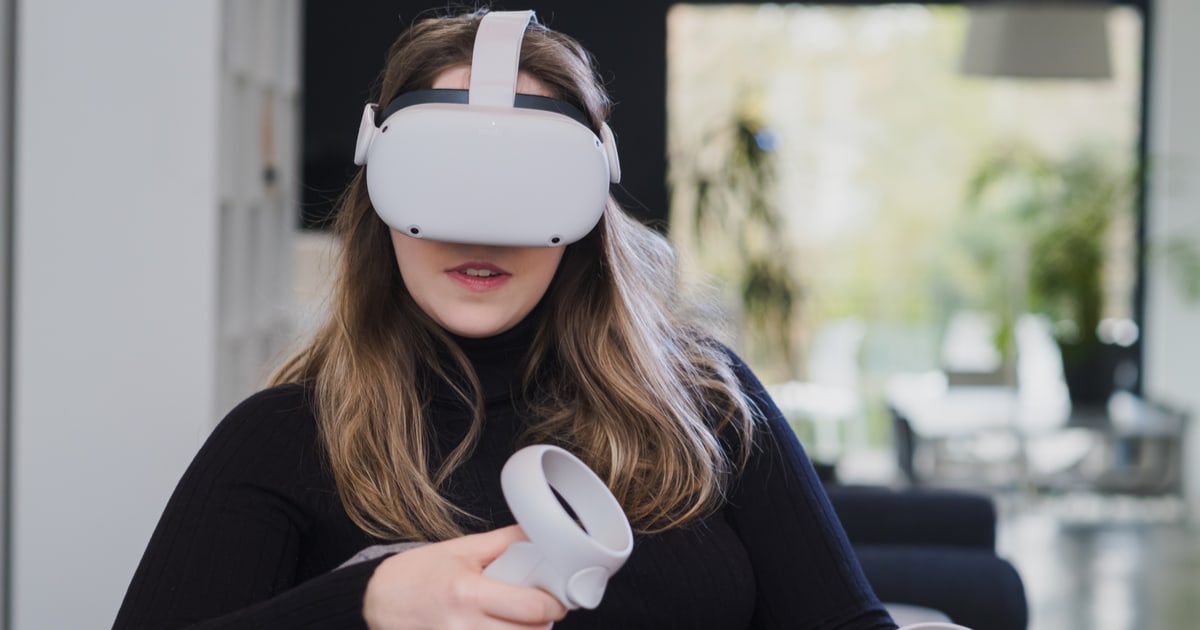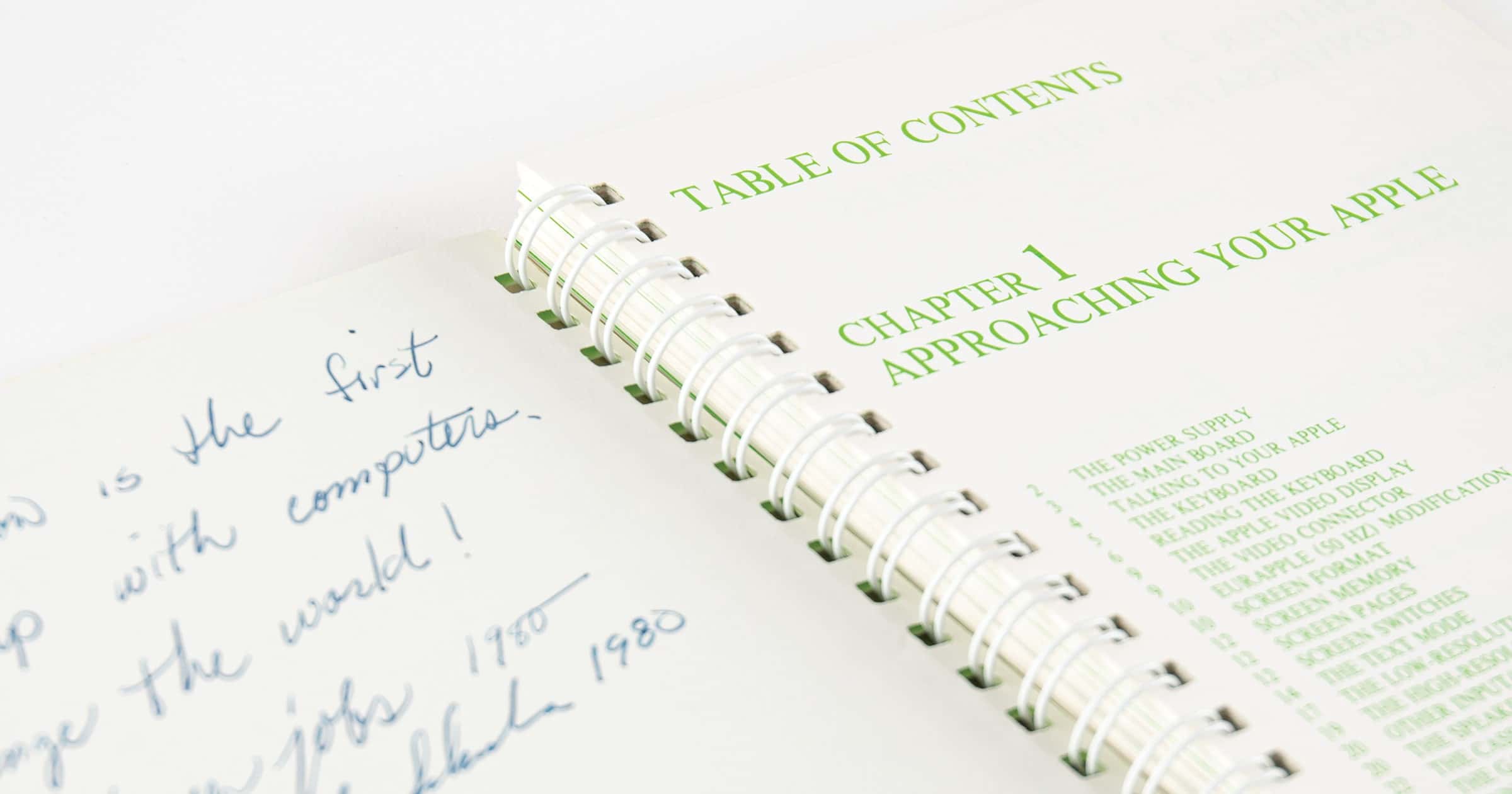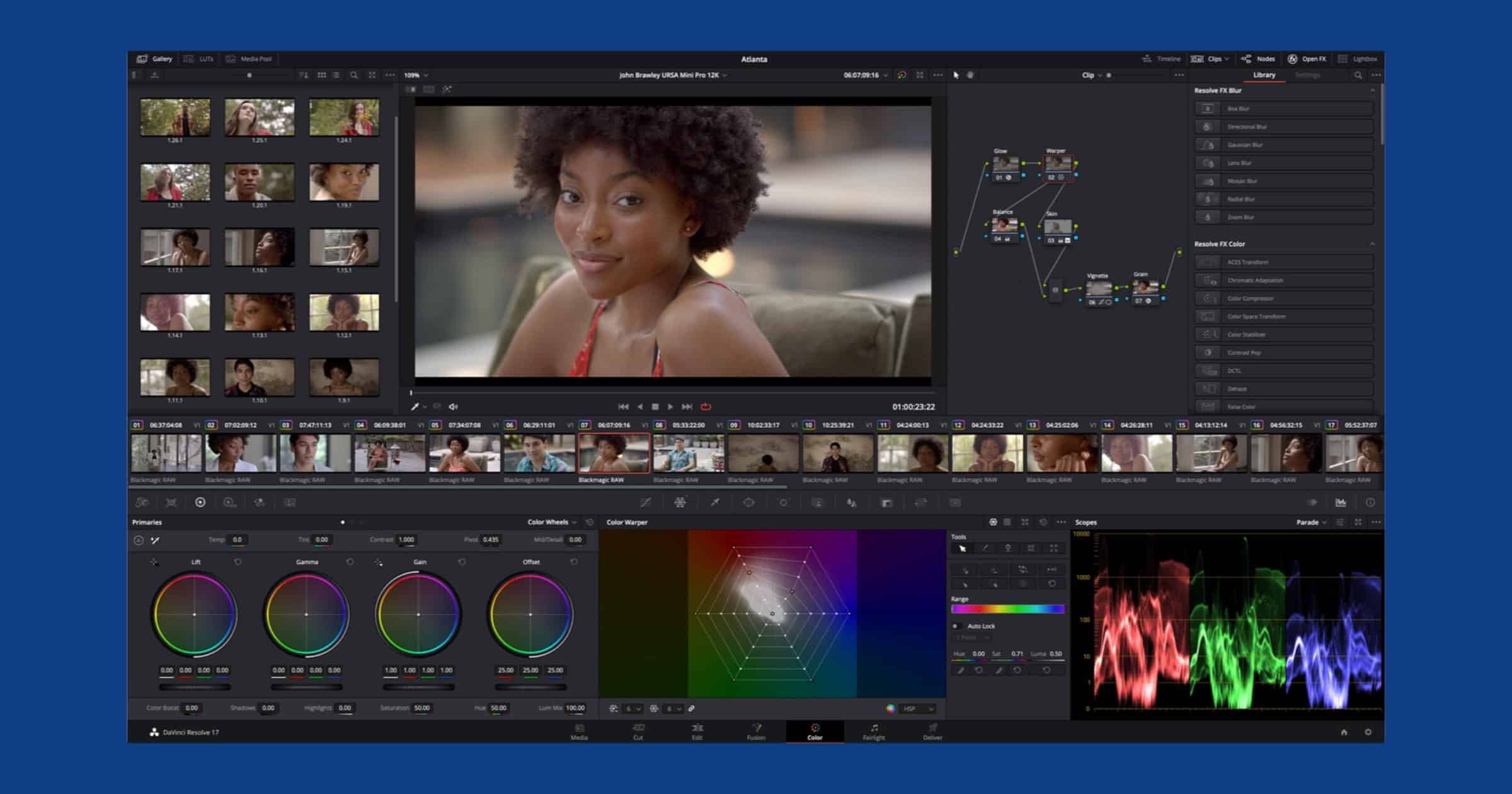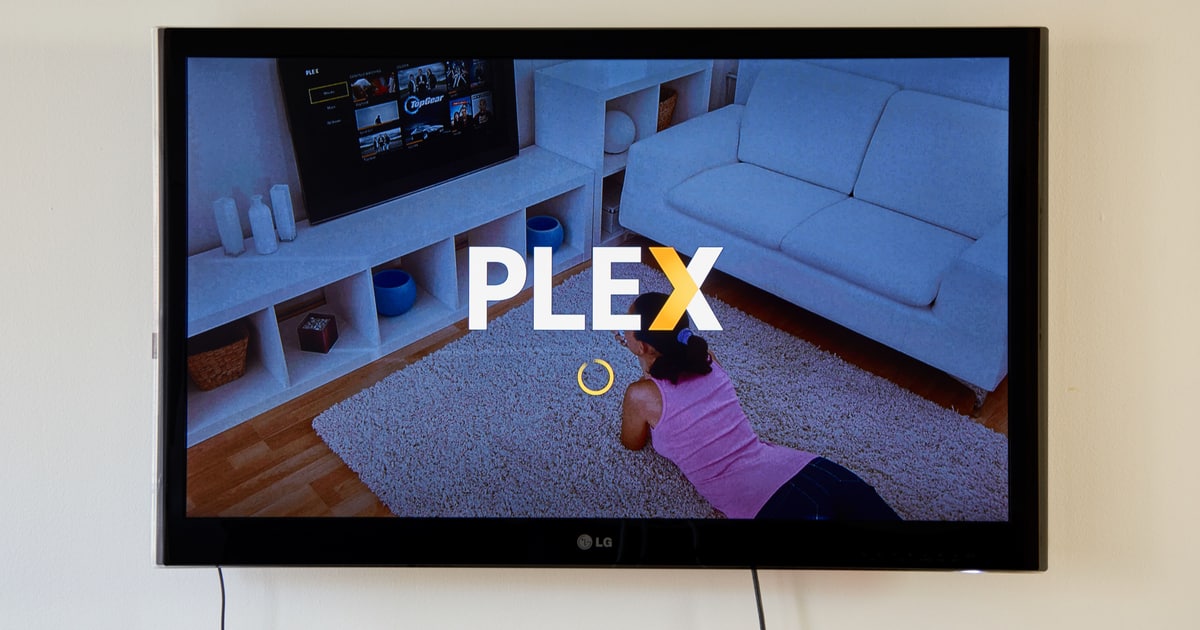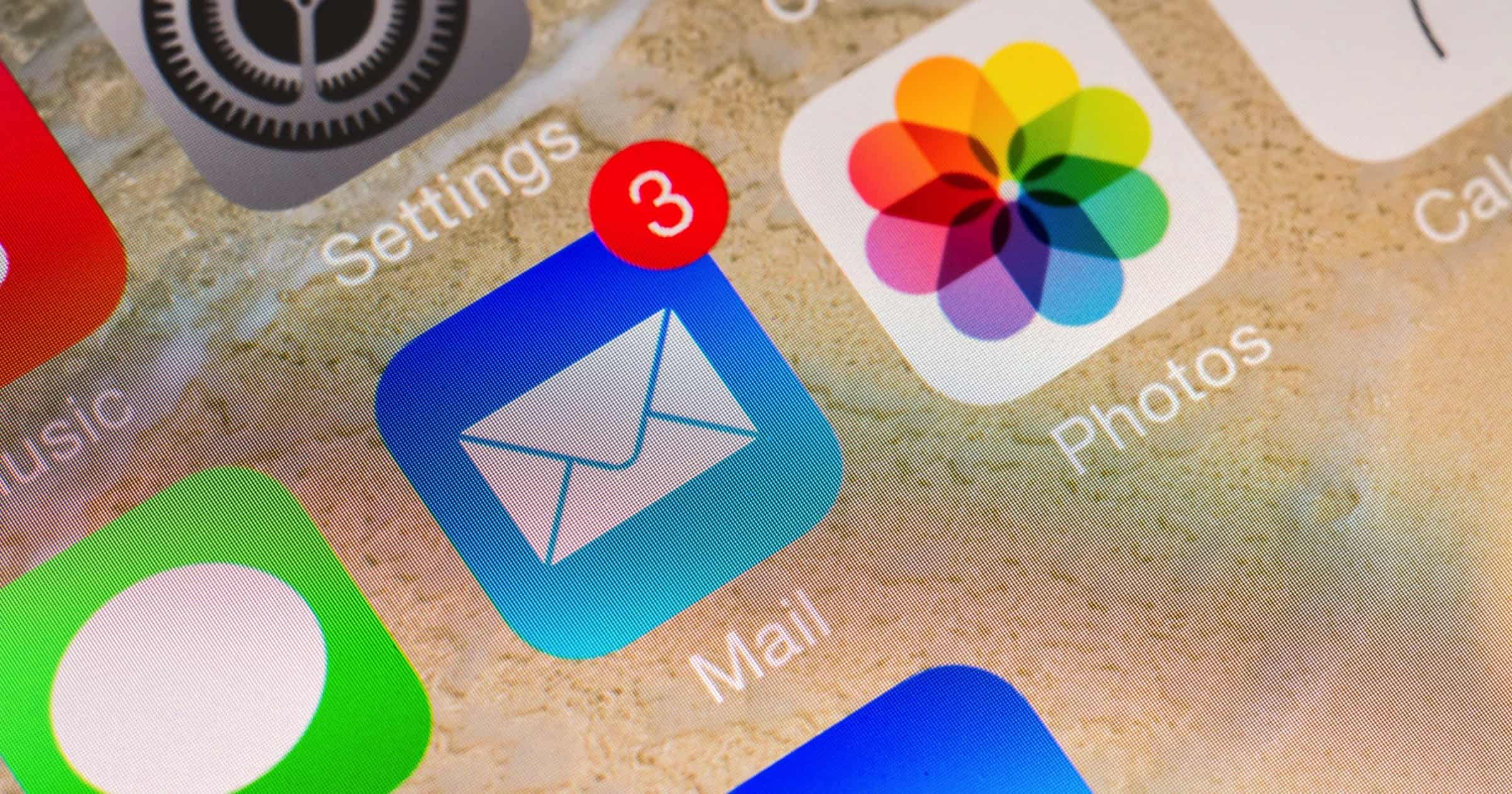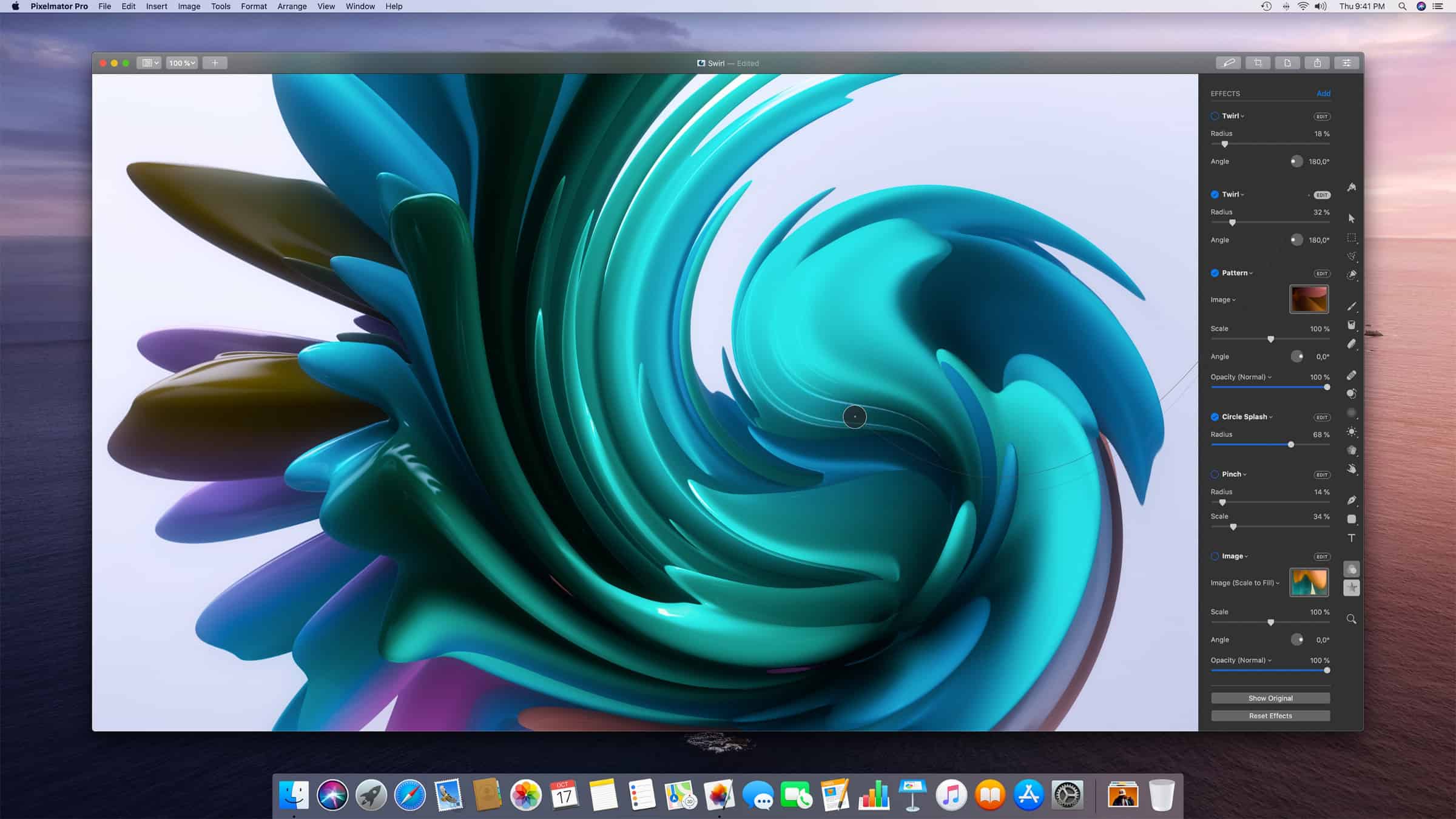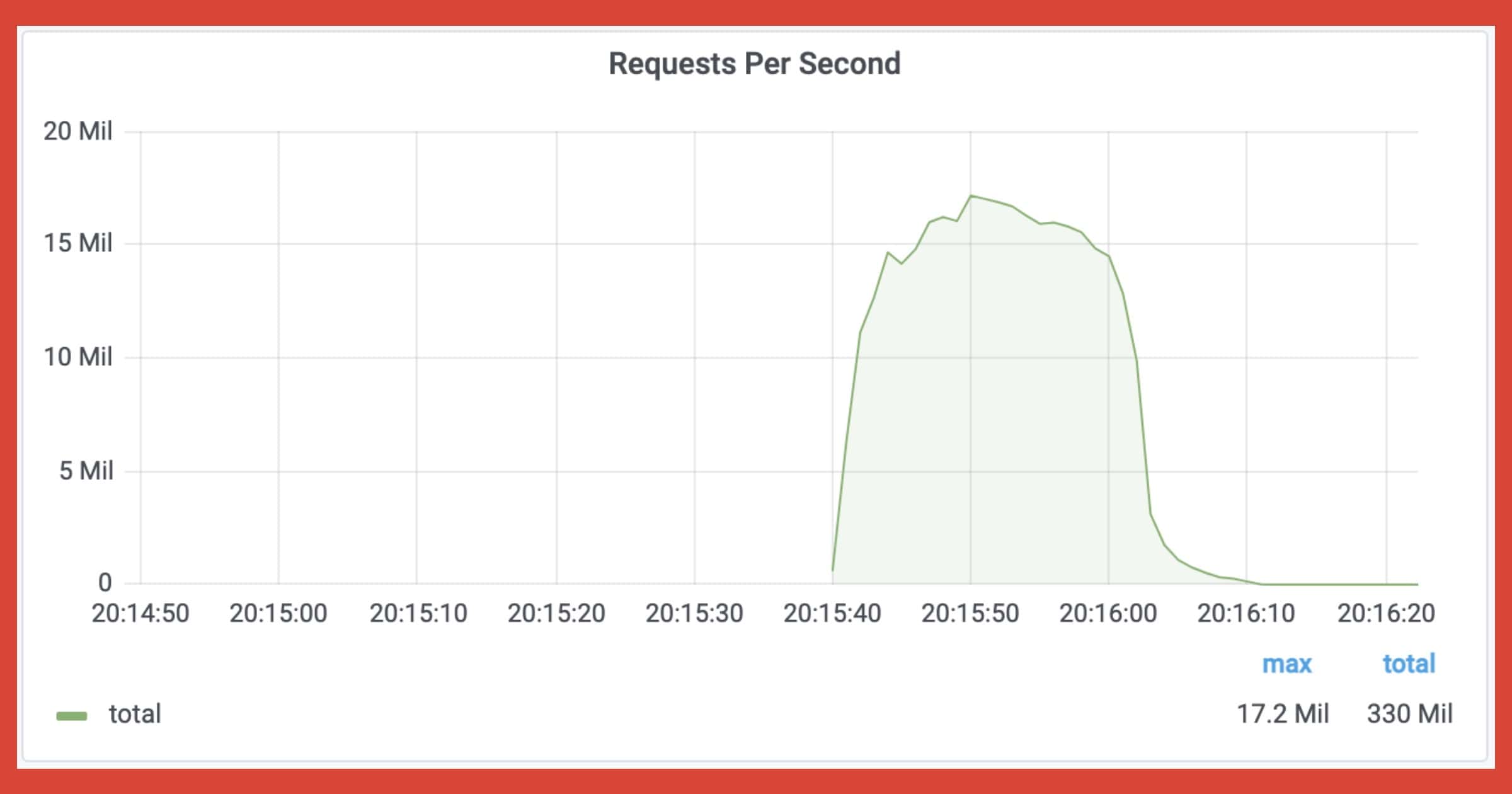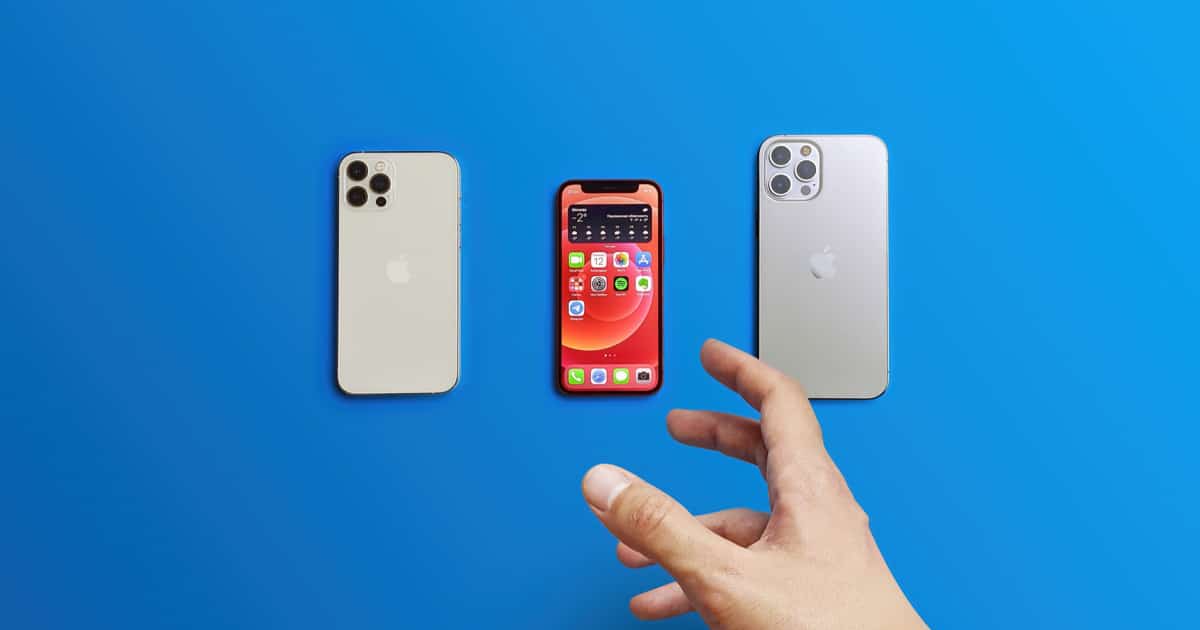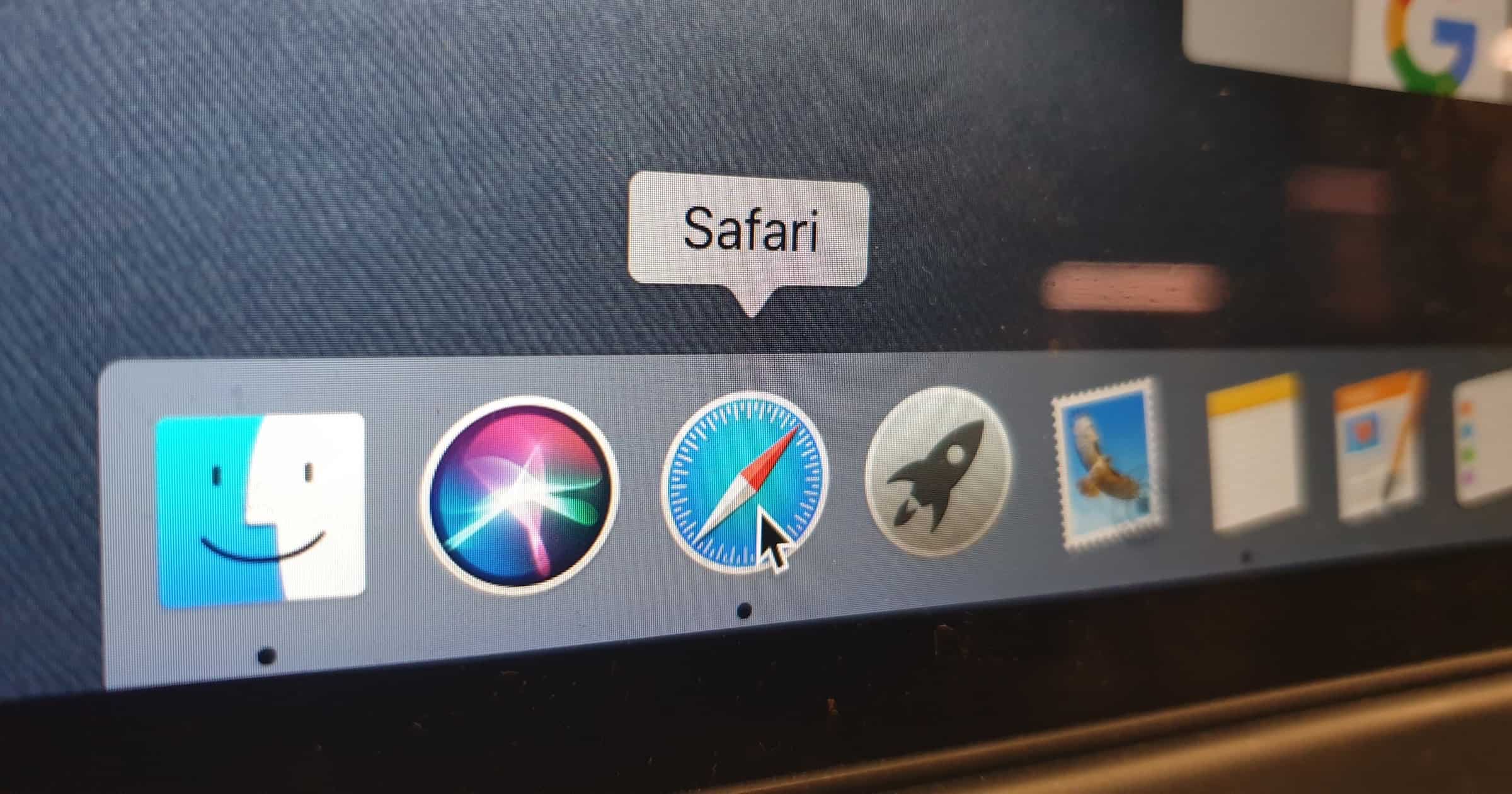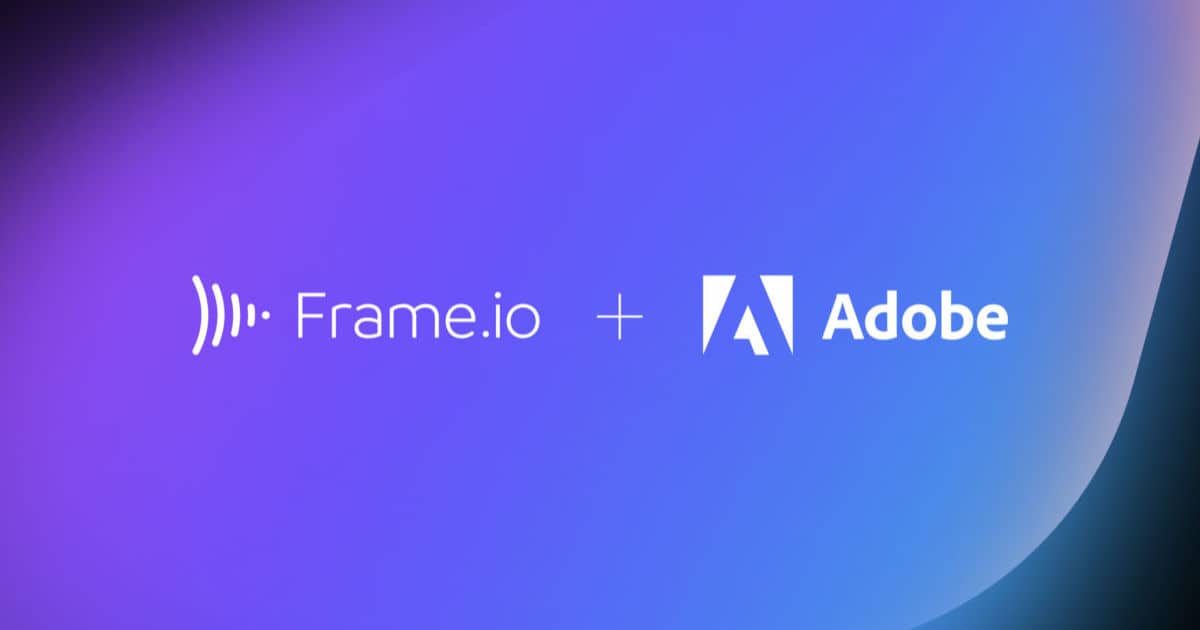Enter our new international giveaway for a chance to win the brand new iPhone 16 Pro.
The Secret Security Features in macOS Big Sur
There are security features that Apple tells us about on stage at keynotes, and then there are hidden improvements it doesn’t mention.
macOS has gradually made the UNIX security model irrelevant. For example, even the superuser is only allowed to access the private documents of a regular user with the user’s permission—permission that is given on a per-application basis, through that protector of users and bane of developers known as the Transparency, Consent & Control (TCC) framework.
Not That Kind of Dog Track — Mac Geek Gab 886
Tips about Siri, RAM, AirTags, and Keyboards are just the first few things you’ll get here in this week’s episode. Then Dave and John continue the journey by answering your questions about Mail, Wi-Fi, VPNs, Synology, and more. Press play to enjoy learning at least five new things with your two favorite geeks!
Apple’s On-iCloud or Is It On-Device CSAM Scan?
John Kheit digs into where Apple’s CSAM scanning is taking place, arguing that where Apple reads your files is super important for privacy.
Best Backup Strategies for Your Data 2021
Considering A New Backup Strategy? Find out where to start here in this video tip from Mac Geek Gab 885
Today at Apple Session Shows How to Shoot Portait Pics with Mark Clennon
Apple released a new Today at Apple video on Friday with tips on shooting portrait photos on an iPhone with professional photographer Mark Clennon. Mark is a New York-based photographer who has worked with TIME Magazine, Netflix, Esquire, Marvel, Forbes, Sony/RCA, and a long list of other companies and publications. The video has some great tips and is worth checking out.
70M AT&T Customer Records Reportedly Stolen in Breach
Personal data from some 70 million AT&T customer records has been stolen, but the company is denying the data is really theirs.
How to Enable AirPods Pro Noise Cancelling with a Siri Shortcut
It’s easy to make a Siri Shortcut on your iPhone to enable noise cancelling on your AirPods Pro, and you can make your own Siri trigger phrase. Watch our video to learn how.
VR Video Conferencing Has Arrived, With a Catch
If you’ve been looking for a more realistic experience in remote collaboration, VR video conferencing is here. You might not like it, though. It’s made by those folks at Facebook, who have proven not the most reliable when it comes to your privacy.
How Apple Lobbyists Defeated Two App Store Bills in Georgia
Politico published a report on Friday that examines how lobbying from Apple defeated two app store bills in Georgia and other states.
Apple’s aggressive lobbying efforts in Georgia, the extent of which were previously unreported, highlight a pattern that has played out with little national attention across the country this year: State lawmakers introduce bills that would force Apple and its fellow tech giant Google to give up some control over their mobile phone app stores.
Then Apple, in particular, exerts intense pressure on lawmakers with promises of economic investment or threats to pull its money, and the legislation stalls.
Apple II Manual Signed by Steve Jobs Sold for $787,484
An Apple II manual signed by Steve Jobs has been auctioned off for US$$787,484. The winning bid came from came from Jim Irsay, Owner of the Indianapolis Colts.
Security Friday: This Week In Data Breaches – TMO Daily Observations 2021-08-20
Andrew Orr and Kelly Guimont chat about the latest Security Friday news, including data breaches and ways to protect your data.
Video Editor 'DaVinci Resolve' Now 3 Times Faster on M1 Macs
Blackmagic Design announced on Friday that its DaVinci Resolve video editor is now up to three times faster on M1 Macs. It also gives customers up to 30% longer battery life.
DaVinci Resolve 17.3 also supports a new option on Mac computers with M1 for H.265 hardware encoding. Customers can choose to prioritize speed vs quality when rendering, further improving render times up to 65%. Plus, DaVinci Resolve will now decode AVC Intra files using the media engine built into the Apple M1 chip, making decoding and playback faster when working with these file formats.
Plex Apple TV App Offers Customizable UI
One of the coolest thigs about Plex is that it works on so many different platforms and devices. You can run the Plex app on your iPhone, iPad, Mac, Raspberry Pi, or almost anything else. The app is very helpful in managing your media library and watching your favorite content. With the latest version of the Plex Apple TV app, you’ve got new options for how your library looks and feels. You can customize the app and home background, what artwork should be displayed, and how much of a title’s metadata shows up.
[O]ur challenge is that since Plex is used by so many different types of users (a great problem to have!), each one of you has different habits and desires and styles as well as a vast variety of TVs with different resolutions and brightness and contrast ratios.
Trove of Internal Apple Emails Reveal Platform Lock In, App Store Fees, and More
The Verge has examined 4.5 gigabytes of internal Apple emails (over 800) unearthed as part of the ongoing Epic v Apple trial.
Apple's Back to the Office Mandate Delayed to 2022
An internal email reveals that Apple’s back to the office mandate has been delayed again. Employees won’t return to the office until 2022.
HOOBS: Simplify Your Homebridge
A Deep Dive Into HOOBS & HomeBridge! Learn More About HOOBS in this video tip from Mac Geek Gab 884.
Update to Pixelmator Pro for Mac Rewrites PSD Engine
Pixelmator Pro version 2.1.3 has been released, and it includes new features regarding how Adobe Photoshop files (PSD) are handled.
Cloudflare Saw Massive DDoS Attack at 17.2 Million RPS
On Friday network provider Cloudflare shared how it mitigated a record-breaking 17.2 million request-per-second (rps) DDoS attack.
Emails Confirm Apple's Smaller iPhone Nano Talks
When Steve Jobs was still leading Apple, rumors said Cupertino was planning a smaller iPhone nano. Recently found emails confirm the plans.
Get a Discount on a Subway Footlong With Apple Pay
We all like free stuff, but sometimes even just a few dollars off is still a great thing. Cupertino has offered discounts in the past to use its mobile digital wallet, and now has a new offer. Apple is offering a great discount on a Subway footlong. US customers who use Apple Pay with the Subway app can get a $2 discount off a footlong sandwich. All you have to do is install the Subway app on your iPhone or iPad, and order your sandwich in advance. If you use Apple Pay along with the promo code APPLEPAY, you’ll get two dollars off your order. This promotion only lasts until August 25, so take it advantage of it while you can. Define print states that the offer is only valid at participating subway locations in the United States, and extras, add-ons, and taxes are additional. You can’t use any other discounts or coupons with this offer, and Footlong PRO™ and Signature Wraps don’t count.
IMF: Credit Scores Should be Based on Browsing History
As if reality couldn’t be more dystopian, researchers for the International Monetary Fund proposed that credit scores should include data from peoples’ browsing, search, and purchase history.
Citing soft-data points like “the type of browser and hardware used to access the internet, the history of online searches and purchases” that could be incorporated into evaluating a borrower, the researchers believe that when a lender has a more intimate relationship with the potential client’s history, they might be more willing to cut them some slack.
What an insane, stupid idea. Too poor to afford a Mac? Sorry! Your credit score won’t be rising above 600.
Adobe Buying Frame.io Video Collaboration Cloud Platform in $1.3 Billion Deal
Adobe is in the process of buying Frame.io, the cloud-based collaborative video editing platform, in a US$1.3 billion deal that could leave Final Cut Pro users out in the cold.
6 Powerful Add-ons You Need in Your Mac Menu Bar
Looking for some great menu bar add-ons that’ll make using your Mac even better? Check out TMO’s list of six must-have menu bar items.
Our Networking Tool Kit Must Haves
Networking Tools! Check Out What Works Best For John and Dave. Find the full product list in Mac Geek Gab 884.

